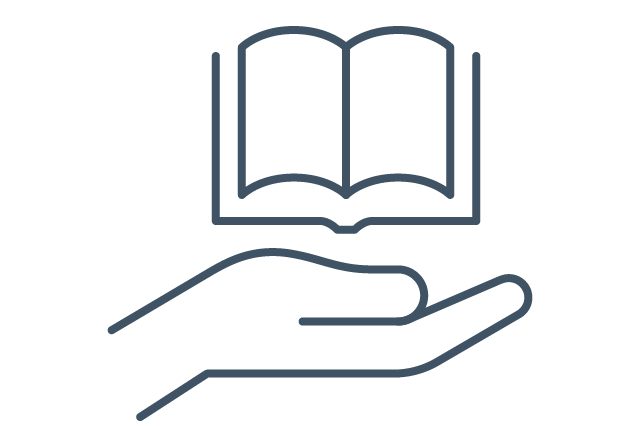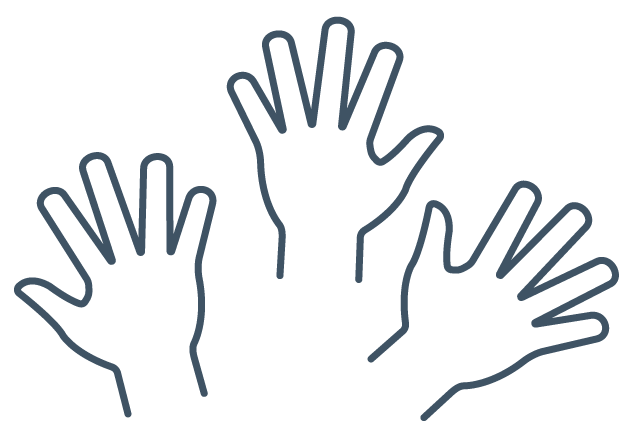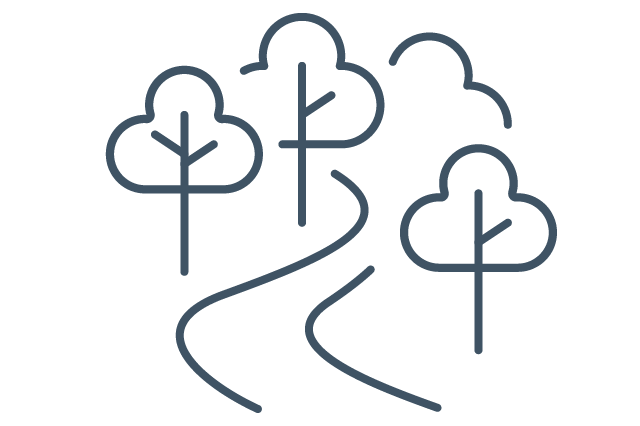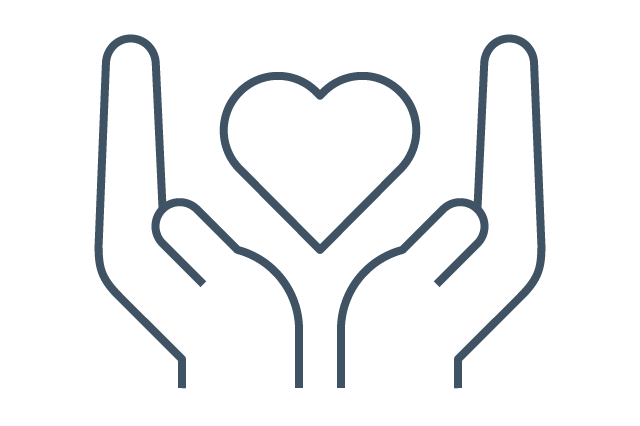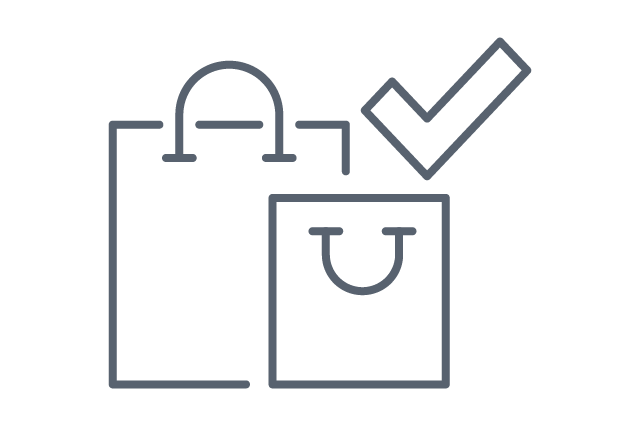We see it as our responsibility to use our skills and resources to help others in the community.
Our people contribute their time and expertise to work on pro bono matters and other community initiatives, with a particular focus on alleviating disadvantage, advancing reconciliation, improving access to justice and promoting sustainability.
Our history of leadership in pro bono and community work has seen us lead the way on constitutional recognition, climate action, refugee rights and marriage equality.
We were the first Australian organisation to sign the United Nations Global Compact in 2001. Visit our human rights and responsible business page to learn more.
Our community strategy focuses on using our skills and resources to benefit the community across a range of pillars, including pro bono, reconciliation, the environment, philanthropy and responsible sourcing.
Pro bono
We work with disadvantaged individuals and for NGOs to promote access to justice and protect human rights. This includes partnering with Community Legal Centres and Aboriginal Legal Services across the country to assist people facing homelessness as well as refugees and asylum seekers. We also fund the only ongoing graduate position in the community legal sector in Victoria.
Making a difference
- We contributed more than 50,000 hours of pro bono legal work in 2024.
- We dedicated more than 10,000 hours to human rights initiatives and another 10,000 hours to addressing homelessness in Australia.
- We provided pro bono legal support to 69 First Nations individuals and First Nations organisations during 2024.
- Our target is at least 50 hours of pro bono legal work per lawyer each year.
Reconciliation
Aboriginal and Torres Strait Islander people are advised that this page may contain images of deceased people.
As part of building lasting, respectful relationships with Aboriginal and Torres Strait Islander communities, we are working on actions outlined in our First Nations Engagement Plan. This Plan builds on more than a decade of reconciliation work. We launched our first Reconciliation Action Plan in 2009 and designed and delivered five RAPs between then and 2022. In 2023 we launched our First Nations Engagement Plan to continue this important work.
As well as supporting access to justice through our significant pro bono commitment, and the establishment of employment opportunities in the firm and elsewhere in the community, we support the development of career pathways for First Nations students. We also build connections with a number of Indigenous communities around Australia through staff secondments with Jawun and the Empowered Communities Project.
Making a difference
- Our commitment is that at least 15% of our pro bono legal work be for First Nations clients and relevant public interest organisations.
- Following the launch of our First Nations Legal Internship Program in 2006, more than 150 students have now completed the program.
- Staff in each of our offices participate in mentoring and career insights programs for First Nations students, through organisations such as our partner the Australian Indigenous Education Foundation (AIEF).
- We've invested more than 350 weeks of skilled support to First Nations organisations through our partnership with Jawun and the Empowered Communities project.
Environment and climate action
We are committed to taking climate action to reduce the material impacts of our operations and to identify opportunities to drive positive environmental change, as outlined in our Environmental Policy. We are working towards our near-term science-based target to reduce firm-wide scope 1, 2 and 3 emissions by 50% by FY30 from a FY19 baseline. The target was validated by the Science Based Targets initiative in August 2022.
In FY24, our aggregate gross scope 1, 2 and 3 emissions were 43% lower than they were in FY19. We report in more detail on our progress in Impact at Allens.
Between December 2014 and June 2024, we also measured greenhouse gas emissions for our Australian operations in line with the Climate Active Carbon Neutral Standard for Organisations. Our historical data can be viewed in our Climate Active Public Disclosure Statements.
Making a difference
- We take action to reduce our greenhouse gas emissions in line with an ambitious and independently assessed science-based target.
- In FY24, we matched 100% of our total Australian office tenancy electricity consumption with the purchase of GreenPower accredited electricity
- We also buy and surrender offsets as an additional contribution to climate action. We seek to invest in accredited offset projects, including Indigenous carbon farming projects, that deliver emissions abatement and/or sequestration alongside other environmental or social benefits.
Philanthropy
We provide financial support to charitable organisations through our community grants and matched funding program. Our staff volunteer their time to help alleviate disadvantage and inequality. We also regularly organise fundraising days and events in each of our offices to support charitable causes and community partners.
Making a difference
- More than 391 grants provided to more than 184 organisations since 2002.
- Staff across our offices volunteer for important causes, including mentoring young people and assisting those experiencing homelessness.
Responsible sourcing
We have a responsible sourcing program designed to promote procurement practices that are ethical, and environmentally and socially responsible. As a purchaser of products and services, we also look for opportunities within our supply chain to support positive social and environmental outcomes through our procurement spend.
Through our responsible sourcing policy and process, we seek to take action to identify, assess and mitigate risks of modern slavery practices in our supply chain. Our Supplier Code of Conduct sets out the minimum standards we expect of our suppliers in relation to ethical business practices, human rights and labour practices, and environmental management.
Making a difference
We seek opportunities to engage social and Indigenous enterprises in our supply chain, and to make a positive impact through our procurement spend. Allens is a founding partner of Supply Nation, and as part of our First Nations Engagement Plan, we contribute to the growth of the Indigenous business sector through procurement and pro bono support, including the delivery of half day workshops to support social and Indigenous enterprises in the earlier stages of business development.
Community Engagement Board
Our community and pro bono work is overseen by our Community Engagement Board chaired by the Managing Partner and comprising representatives of our Pro Bono, Philanthropy, First Nations Engagement Plan and Sustainability Committees.
To learn more about our community programs, contact our Director of Community Engagement Nicky Friedman.





